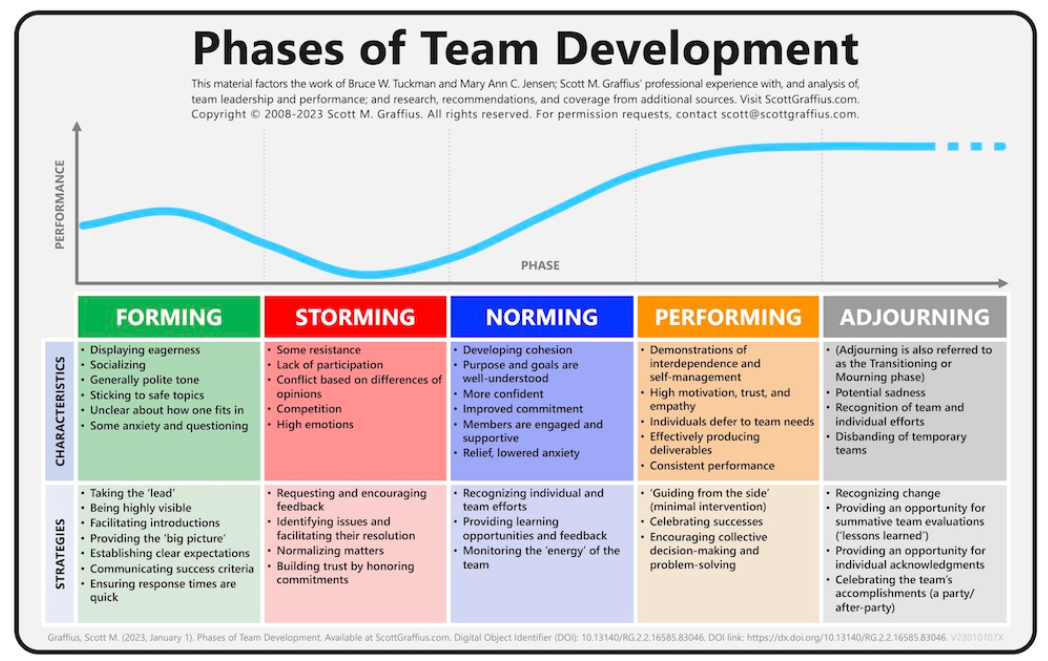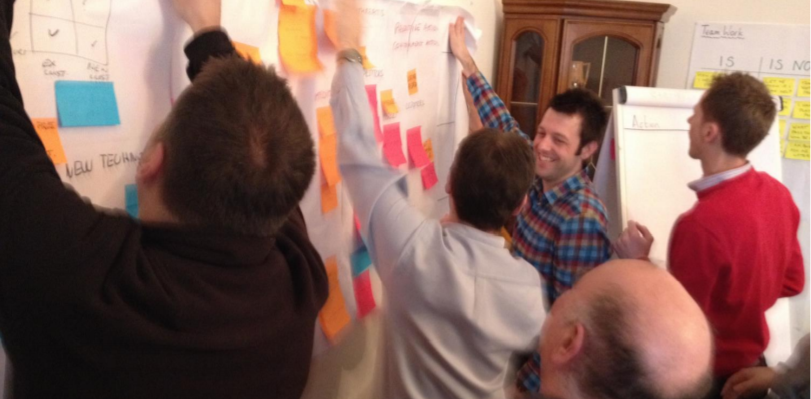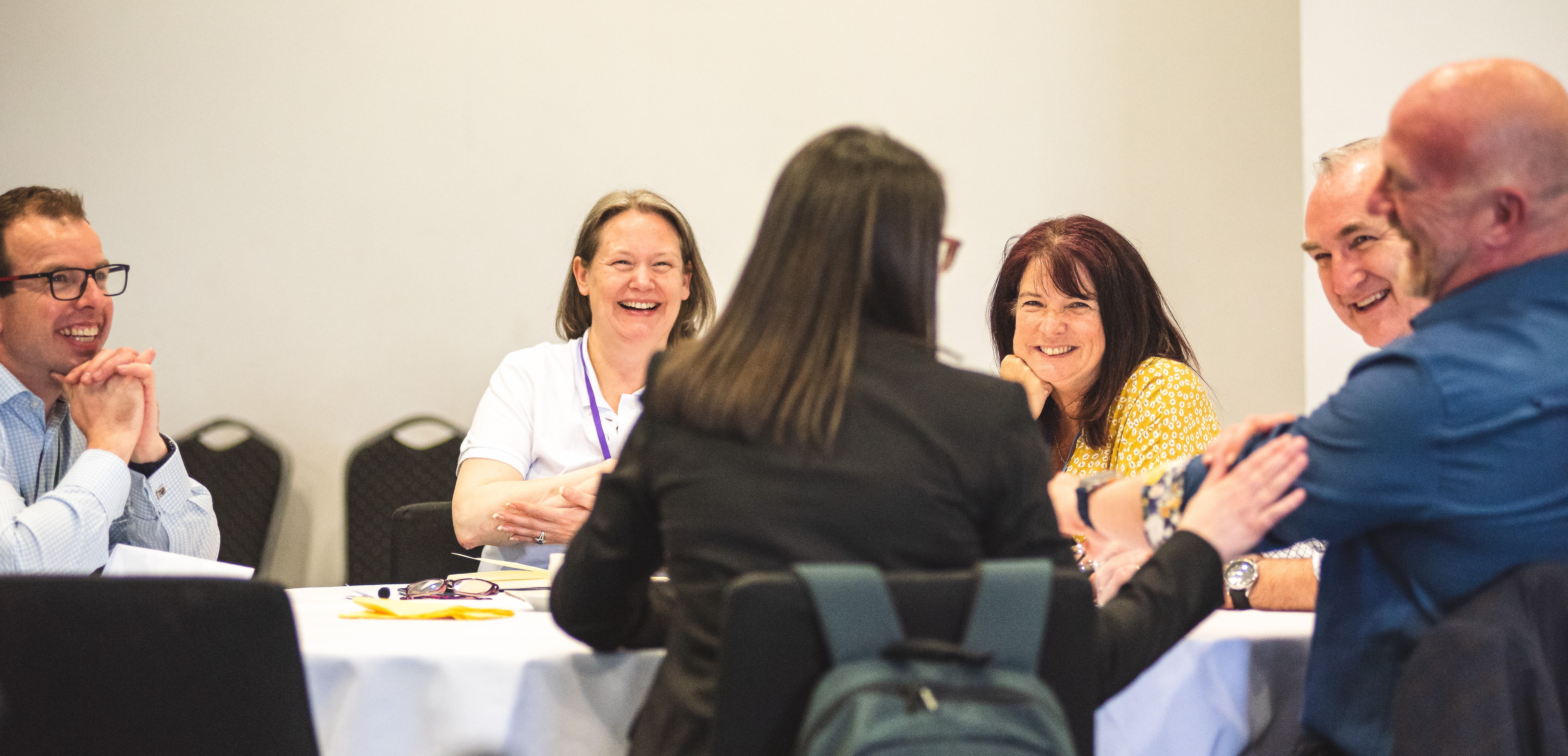All consistently high performing teams are built on a foundation of genuine trust. Trust forms the foundations for all our most authentic and fulfilling relationships. You cannot build genuine trust in a relationship or team without authenticity, openness, and a genuine desire for collaboration.
Any relationships with an absence of trust, are like mobile phones when they lose their signal… all you can do is play games. And I know you know where I’m coming from. It is just a weird dance between people that lacks any authenticity and connection. We’re not being honest with each other.
Where does a lack of trust come from?
Think about what leads to a lack of trust for you. What do people do that leads you to think they are not trustworthy? Think of that person you trust the least. What do they do? What have they done?
Some examples of why we don’t trust people, and what may be at the core of your dysfunctional team might be…
- They don’t do what they say they are going to do.
- They are fake or act weird around you.
- They purposely hide things from you.
- They tell lies to your face.
- They don’t care about other people.
- They talk behind people’s backs.
- They drop the ball when under pressure.
- They are not open about what they think and feel.
These are all normal human behaviours. You have probably behaved this way at some point in your life. Come on, be honest. None of us are perfect. You must have done at least one of the above once.
Or maybe, you are behaving this way today, or some of your team are, and you and they just don’t know it. You have a blind spot. You’ve never had feedback about it before. You are blissfully unaware. This is the best place to be with the behaviours outlined above. The best place to be? Yes, because there is a different scenario for you and your team.
The worst-case scenario is you or members of your team are aware of the above behaviours and purposefully behaving this way. This is dangerous in our goal to develop genuine trust in the team. People purposefully causing disruption. And the only worse thing would be if nobody pulled them up about it. We didn’t call them out. We just accepted poor behaviours that are affecting the team.
How do you provide yourself with the best chance of building the foundations of genuine trust in a team?
Provide psychological safety. People need to feel they can be themselves, authentic and vulnerable. And they will only do this if the environment is safe for them to do so. People will only be authentic and vulnerable if there are no comebacks, judgements, criticisms, or any kind of behaviour that would make them feel threatened and unsafe. The best place to start is that the leader/s should go first. You should model being vulnerable and set a healthy example for the team to follow.
Create an open and candid environment. Alongside authenticity and vulnerability, we want team members to be candid. To share what they truly think and feel in a respectful way. To feel they can have a healthy debate without tempers flaring or people getting upset and sulking. There are stages to transition through to reach high levels of performance with your team dynamics (see Tuckman Model and image below), but the initial goal, and core foundation would be to reach a complete level of openness across the whole team.

Educate people in having candid conversations. For some teams, just the thought of having those honest and open conversations brings an immediate set of synchronised eye-rolls, and shakes of the head. That might work in some teams but not with us. Have you seen how such-a-body speak to people. Have you seen how such-a-body responds when you speak the truth? I hear you. But having candid conversations can be taught. It is a skill that can be developed. Check out handling conflict courses.
Speak with data. Encourage the discipline of bringing data and evidence to back up opinions. We want open and candid conversations in our team, but we don’t want debates that go on for hours, even days, because we don’t have sufficient data. Introduce ‘speak with data’ as your team mantra and encourage your team to provide evidence to support their opinions.
Provide clarity of expectations. A high performing team that genuinely trust and respect each other provides a great cultural foundation for you and your business. Peter Drucker said many years ago that culture eats strategy for breakfast. He could see that culture was a vital foundation for a high performing team, but they will still need guidance on what is expected of them. Typically, teams need a vision, a sense of where they are headed, a tangible goal that all the team share, and a clear set of values and behaviours. Be clear at the forming stage as to why they are forming as a team, and what you expect from them, and what they expect from each other. The best way to learn as to whether your communication has been clear is to ask. Ask people to repeat back what you have shared with them. Check out communication skills courses if you find this is a challenge for you.
“Culture eats strategy for breakfast”. – Peter Drucker
Trust people. The best way to find out whether you can trust someone is by trusting them. That may sound simple, but some people have trust issues. This may be a problem for you or other members of your team. We all have a past, and you never know people’s story and their legitimate reasons for struggling with trust. Learn to listen and understand why they don’t trust people. Those vulnerable stories are what form fantastic relationships, as well as deep trust. Allow people to respectfully call it out if they feel you or others are not being trusting.

Summary
Genuine trust in a team is something that develops over time with effort. Authenticity, openness and candid conversations will be vital to the success of your efforts in building genuine trust in your own team. As will your own journey towards leading a team towards working through their trust challenges together. Building a high performing team is not easy, but with effort, everyone has the capacity to lead a team well.
There is one vital condition at the start of this process. There has to be a will from everyone in the team to want to be a team player and work in a collaborative way. The skills can be developed, but without the will of the individuals, the team will be unable to move forward as a collective. Read this article if you suspect you have the types of people who don’t work well in teams in your team. It may need an honest conversation with individuals, before you embark on a collaborative journey together.
If you are leading this transition with a team, I would recommend some form of 360 profiling to kick things off. Allow people to be honest and open about each other’s strengths and weaknesses. And if you need any pointers or support, do arrange a call and reach out to me personally. It can be quite daunting doing this for the first time.
This article has been written by the Founder and Managing Director of the Manufacturers’ Alliance, Gary Sheader. Gary believes that UK manufacturing can be a force for good in the world and will transform our future economy and society, if people are provided with great leadership. For those that are open minded and have a will to change Gary and the Manufacturers’ Alliance are an excellent partner to support UK manufacturers with your quest to lead your business well and change the world for the better.


